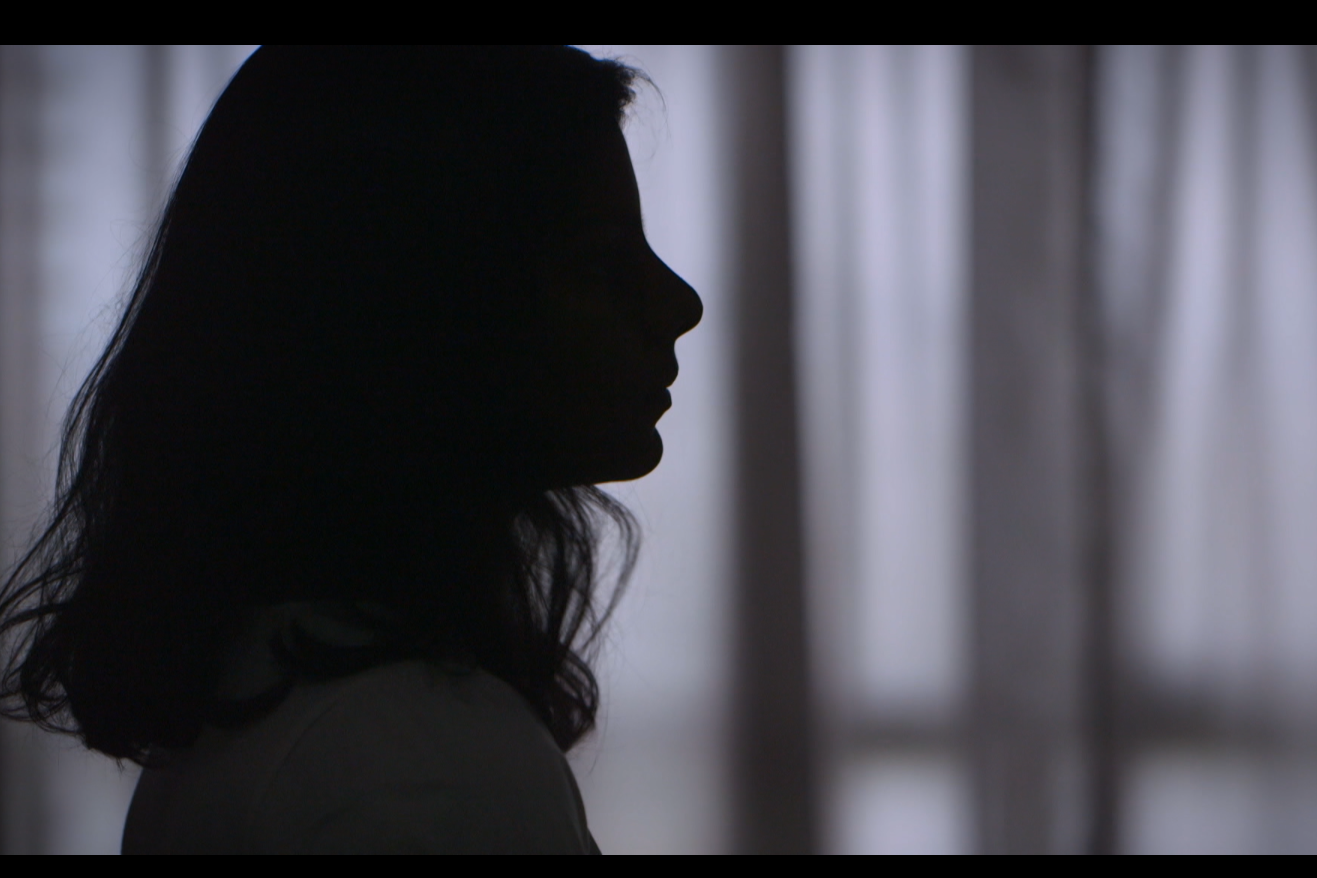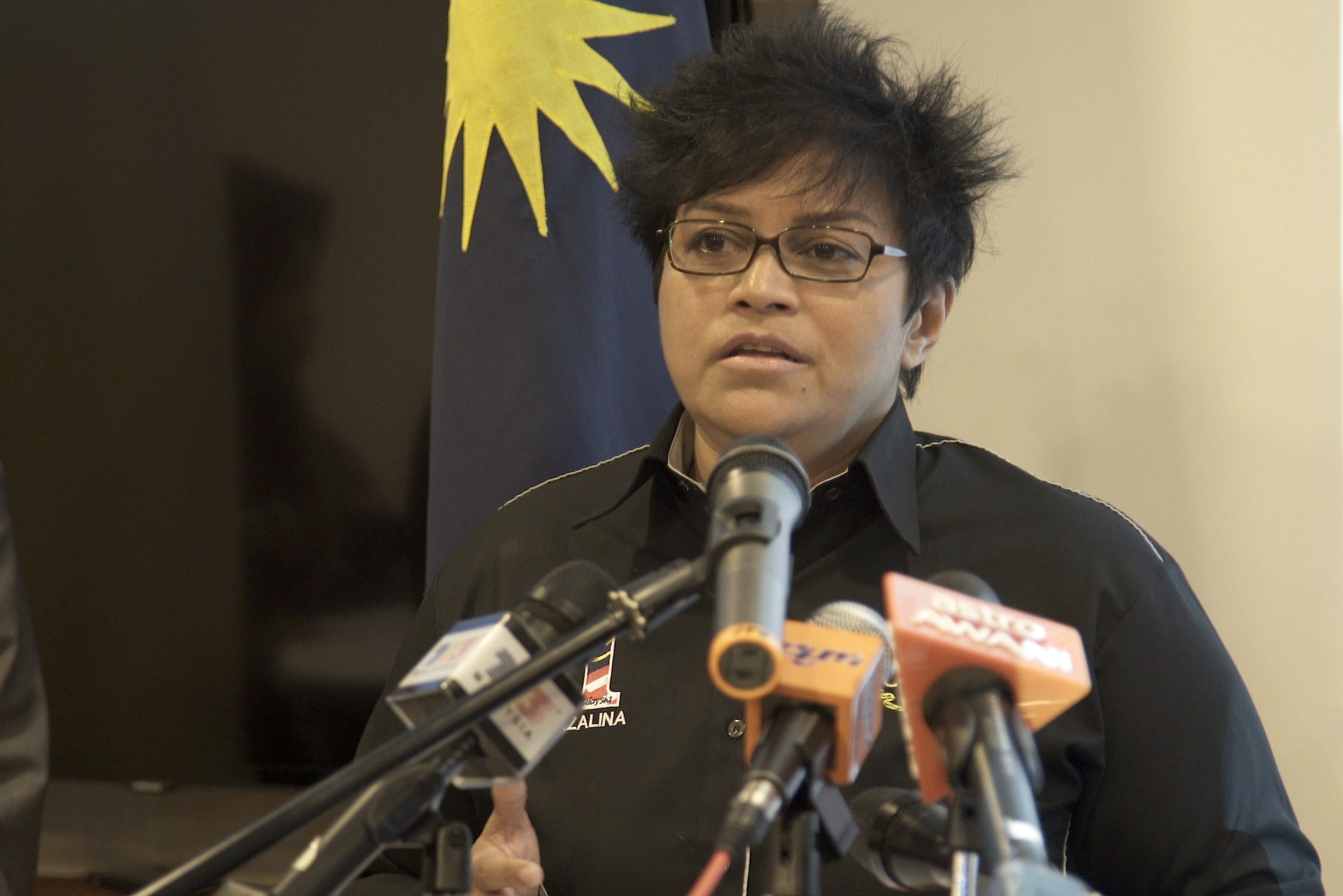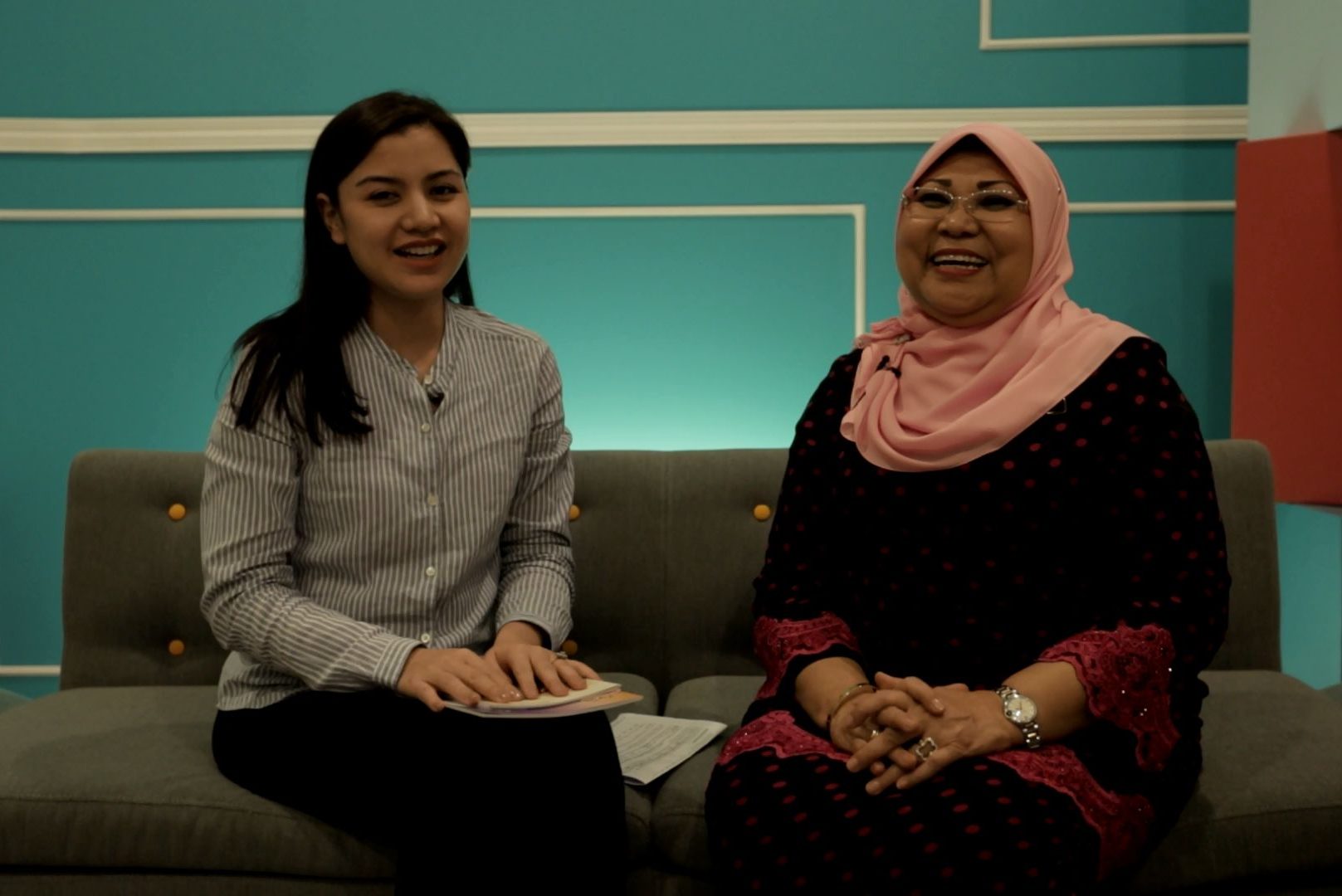DIRECTOR Justin Ong’s research for his latest documentary, on paedophilia, led him to the dark web. And even though he was only scratching the surface of the seedy, encrypted underbelly of the Internet, he found himself being exposed to some truly disturbing material.
That material, along with much more which Ong and the team at production company Dosfellas have acquired, should make for compelling viewing when it’s released this week.
The documentary, titled To Hunt A Paedophile, will also include material from R.AGE’s Predator In My Phone undercover investigations. We spoke to Ong ahead of its release, to find out more about a documentary which he said was one of the most challenging he has ever worked on.
Tell us about the documentary.
To Hunt A Paedophile focuses on the investigation by the Australian and UK police that led to the arrest of Richard Huckle, a serial paedophile who had been preying on children in poor communities in Asia.
It plays out like a crime thriller as we use reenactments to reveal the intricate trail of clues that were pieced together by Taskforce Argos (a special unit from the Queensland Police Service and one of the world’s leading investigators of online child exploitation and abuse) and led to the dismantling of one of the largest international paedophile networks and Huckle’s arrest.
What led you to work on this issue?
When news about Huckle broke, it was interesting to see the public’s reaction to it. It went from people asking what is paedophilia to shock from what had happened. It was as if child sexual abuse was something new in Malaysia. But to people aware of the situation, they knew it has been happening for some time.
RELATED: SEXUAL ABUSE VICTIMS SHARE THEIR STORIES WITH R.AGE
The Huckle case made the news not just locally but internationally, and we saw it as a good opportunity to emphasise the issue. We pitched the idea to Channel NewsAsia, which commissioned it as part of its popular Undercover Asia series.
What was it like meeting the police, child protection NGOs and even the pastor of the church which Huckle attended in Malaysia?
It shocked me to find out how prevalent this issue was in Malaysia because you usually only read about it happening in other countries like the US or Australia.
The mainstream media here reacted with a lot of shock, but when we spoke to founder of Protect and Save The Children Madeleine Yong, she said it was nothing new. I will always remember this line she said: “it’s been going on for so long, and there are many Huckles among us.”
When we spoke to head of the Royal Malaysian Police D11 unit ACP Ong Chin Lan, we did not avoid asking the tough questions. It was our job to ask them why wasn’t Huckle arrested earlier, and what prevented you from doing that? I have to credit her for her honest, brutal answers and also for clarifying a lot of information regarding the limitations they face. Their hands are tied in certain aspects. It’s unfortunate but hopefully people will be aware of the issues they are facing.

Ong said working on this documentary made him and his team more aware about child sexual abuse in the community. ― Photo: Handout
Child sexual abuse is not an easy subject to work on. What was the most disturbing part of your project?
We conducted an exclusive interview with a former member of an online child pornography forum in Malaysia. The source makes shocking revelations involving local paedophile networks. It’s one thing hearing about it and another to speak to someone who was actually in the network.
He showed us some screencaps of the conversations where they were sharing child porn, and it is scary that there was not only one pedophilia forum, but a few. And the people in these forums aren’t foreigners like Huckle, they’re local! We also spoke to an unnamed source who showed us how the dark web works.
What was your experience on the dark web like?
The dark web is the hidden corner of the internet that is frequently used by paedophiles to share child pornography. It was revolting, and shockingly easy to access. We only saw the surface stuff, but there itself you can find very disturbing material. I can only imagine what someone who spends a lot of time on the dark web would see.
The work by Taskforce Argos was incredible and amazing in the amount of work they put in. Their work never ends; you can shut down one pedophilia network and another pops right up.
As executive producer and director, what are the issues you wanted to highlight with the documentary?
We didn’t want the issue to be seen purely as an isolated case where it is just one foreign paedophile abusing Malaysian children. While we used that to point the story, we wanted to go deeper and explore it from a personal and society’s level. Not so much why he did it, but how did he get away with it? Did people know he was abusing children, and did they choose not to do anything about it?
The bigger issue here is that there are many Malaysian paedophiles as well. It’s uncomfortable to admit it but it’s true.
When we spoke to Ian Yee, editor of the R.AGE team that produced Predator In My Phone, he said their investigations showed no specific group or race who prey on children online. The thing with sexual predators is that they aren’t guys hiding in the shadows. Most of the time it is someone you know, and this is the scariest part.
What was the biggest challenge to produce To Hunt A Paedophile?
It was challenging to get people to talk about it, especially those who knew Huckle. No one wanted to be associated with it. I think it is because there is a sense of fear of being judged, that people would ask ‘why didn’t you do anything about it?’
But the truth is, although you can say now that you see the signs of him abusing the children, you couldn’t recognise them there and then. It’s the same with other pedophiles; they can be a teacher or colleague and you might not be able to tell.
RELATED: TACKLING ABUSE BY PEOPLE IN POSITIONS OF TRUST
You have produced other hard-hitting documentaries such as Ida’s Choice, which won multiple awards. Why these difficult subjects?
Ida’s Choice was on children in Malaysia who grew up in the red light district. I’ve always been interested in doing subject matters on challenges faced by children in Malaysia. Child sexual abuse is a taboo subject and tough to talk about, and few people want to acknowledge its prevalence in Malaysia, which is why we wanted to do it.
How has working on this project affected you?
This is definitely one of the most difficult projects I’ve worked on, but also one of the most important. Child sexual abuse affects us and will continue to do so, until something concrete changes. My team and I are suddenly a lot more aware about this issue. I’ve also been talking to young parents active on social media about the dangers online.
What is your end goal as a documentary filmmaker?
I would like to think that it is creating awareness and sparking debate about subjects people don’t necessarily want to talk about. It is what sets documentaries apart from, say, entertainment programmes. In documentaries, you take subject matters that aren’t popular or quite sexy enough, but they must be discussed, and hopefully that will inspire change.
For example, it took a lot of guts to produce Predator In My Phone, but what was good about it was that the team took the initiative to do it instead of waiting for others to take action. Their campaign to push for laws against child sexual grooming was great to create awareness and pressure authorities to change things.
The series made a difference and spurred actions. It’s pointless to make documentaries and have it just play on the television. There needs to be more done after that, such as public screenings and getting experts involved to debate about it.
To Hunt A Paedophile is part of the Undercover Asia documentary series, which premieres today on Channel NewsAsia at 8pm.





Tell us what you think!